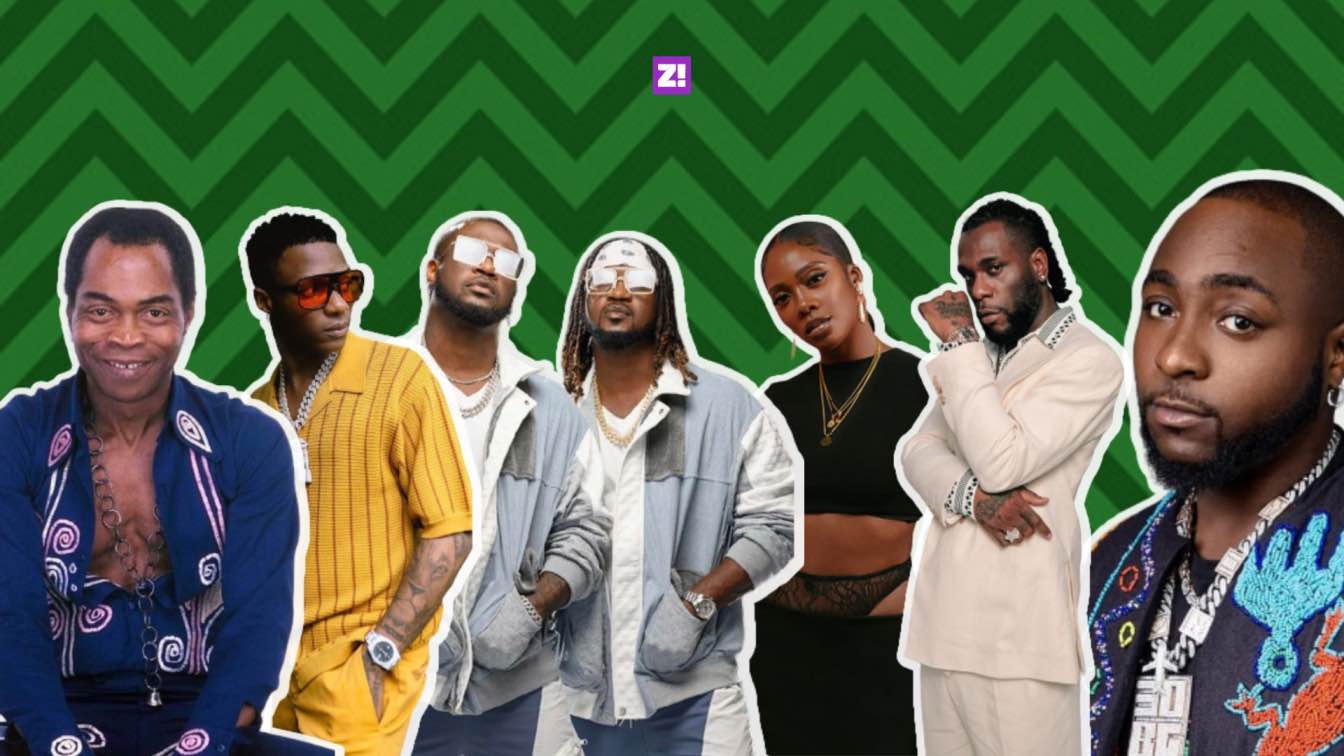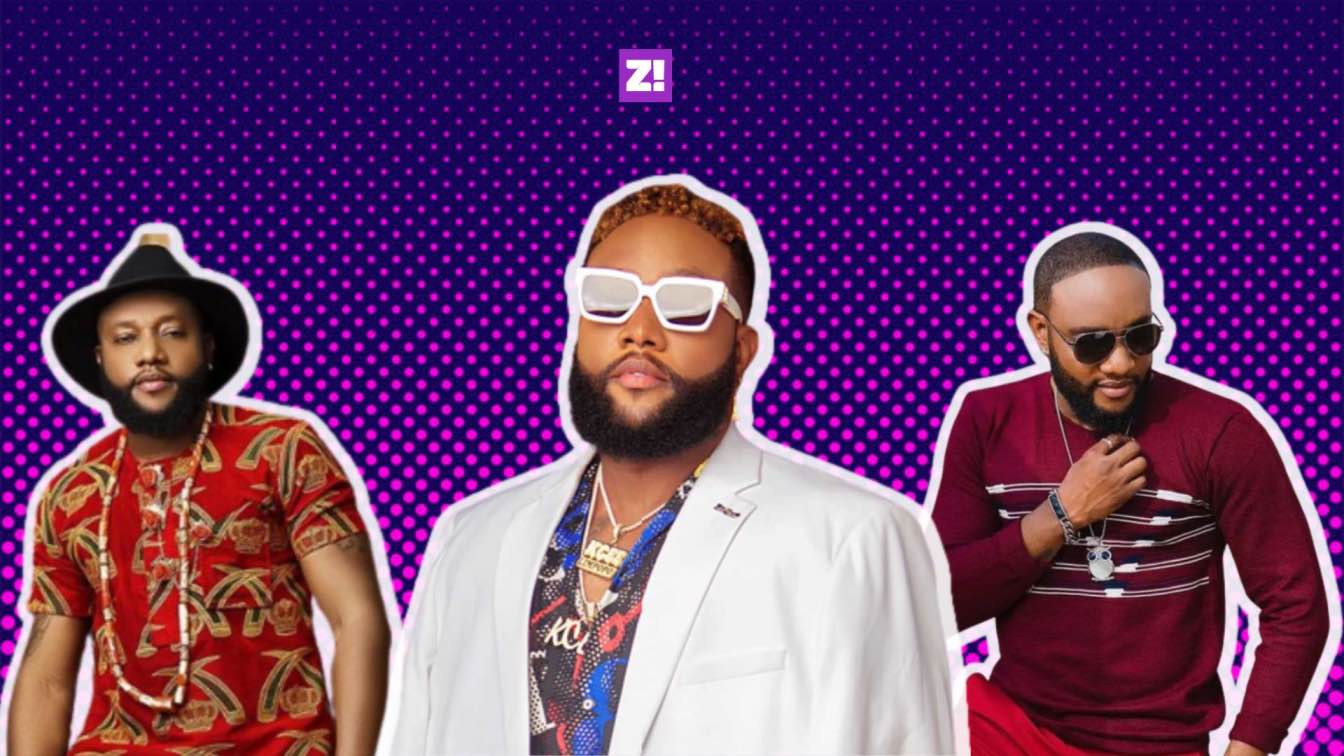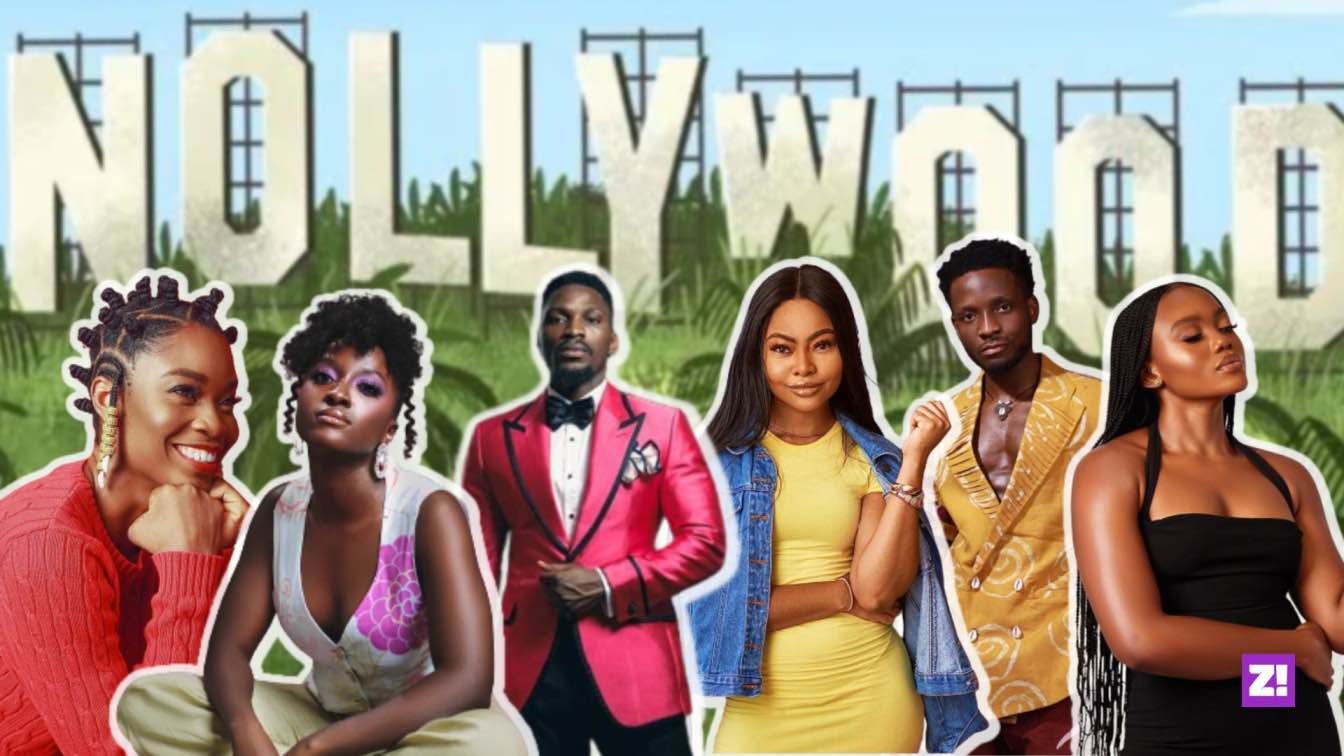What does it mean to be a man? Surely, it’s not one thing. It’s a series of little moments that add up. Man Like is a weekly Zikoko series documenting these moments to see how it adds up. It’s a series for men by men, talking about men’s issues. We try to understand what it means to “be a man” from the perspective of the subject of the week.
Today’s Man Like is Lateef Saka, an investment banker and skincare content creator who has created content for brands like Cantu, The Body Shop and Murad. You might also recognise him from this viral video.
In this episode of Man Like, he talks about how he navigates an industry that is predominantly white and female, helping young people find their footing in the UK through his mentorship programme and the difference between Lagos and London men.
What was growing up like for you?
I grew up between London and Lagos. I was sort of an only child, which made me super independent real quick.
Hold up. What do you mean “sort of” an only child?
I’m my mom’s only child, not my dad’s. I interacted with my step-siblings, but we all lived in different houses, so it wasn’t the same.
To be honest, I enjoyed being an only child. Listening to cousins and friends complain about things like: “I couldn’t do X because my sibling wanted to do a different thing” or “Someone took my CapriSonne from the fridge”, made me happy I didn’t have to deal with that stress.
LOL.
Yes. Can you imagine if someone took a drink I kept in the fridge? Everyone in that house will fall. I don’t have time for nonsense.
Scrim. Between London and Lagos, where did you spend the bulk of your time as a child?
Most of my time was in London and I loved it. I got to meet a diverse group of people and try out things. For example, when I was about six years old, I became interested in sculpting after seeing a sculptor on TV. Though I didn’t end up becoming a sculptor, I was able to take sculpting lessons because I was in London.
I’m curious about what else you tried because you were interested…
LOL. Off the top of my head, I’ve tried out writing, coding, photography and even ballet. An only child never really has anyone to show them how to test the waters of life. That forced me to be driven and accountable from a young age. I try not to limit myself when it comes to trying new things.
I’ve also come to realise that the limitations we put on ourselves are oftentimes linked to our socio-economic backgrounds. Our financial backgrounds sometimes prevent us from exploring other interests to see if there’s something else we might be good at.I’ve seen young people push their hobbies to the side with tunnel vision on academia and the jobs that come with it. They view these jobs as the only way to make money, when some of our hobbies could be profitable as well. Mentoring young black men and women is something I became very passionate about after this discovery.
How did you get into mentoring?
When you live in the UK, you notice the systematic and institutional barriers against young black people — from education and housing to the justice system through the police. We have students who aren’t reaching their potential not because they’re not intelligent but because they’re not fully aware of the system and the opportunities available to them. I want to show them that they have options.
I had mentors myself, and it was beneficial to my journey. From big things like helping me network to silly things like choosing what tie to wear to an interview, my mentors were really helpful. People fail to understand the impact mentors could have on your life.
Okay, I think I need a mentor ASAP. I’m curious. How you define masculinity.
I don’t think there’s one way to be a man. Masculinity is always changing and evolving. Remember when men used to wear wigs and tights like 200 years ago? To me, masculinity is a construct that manifests in different men in different ways. Everyone should respect that.
I feel you. How does it manifest in you?
Wow. To be honest, I’ve never really sat down to think about it. You caught me with this question.
LOL. What are your thoughts on how masculinity is evolving in today’s world?
I mentor young men, and they could be quite impressionable. Some have this idea of what masculinity should look like and those who don’t fit into that mold become easy targets for bullies. Sometimes it’s the minute things like when one of my mentees didn’t like football — frankly, I don’t know when football became the A to Z of masculinity) — or when one of them wore a pink tie to prom, and it became a big deal.
There are two ways to go about toxic masculinity, have the conversation and try to change things, or uphold the current standard. I try to do the former. I talk to them about these misconceptions. We might not talk about the full breadth of masculinity, but we discuss toxic masculinity.
A pink tie?
As ridiculous as it might sound, it happens. Masculinity can be different depending on where you are in the world. And sometimes, it changes even within the same country. Now, I have an anecdotal example based on what I’ve seen travelling within Nigeria. In the north, I’ve seen two men walking and holding hands and no one seemed to care. Can two men hold hands in the south? Well, I doubt that.
That’s interesting. Any difference between Lagos and London men?
One thing I’ve noticed is that Lagos men rarely fight with each other like men in the UK.
Are you sure about that?
Yes. LOL. But this is a much-nuanced conversation. Men exhibit violence depending on what their immediate society finds appropriate. I look at London and Lagos (Nigeria) through the lens of consequences. Misogyny and homophobia are rampant in Nigeria because there’s little to no consequence attached to them. In the UK, these consequences might not be immediate or obvious, but there’s no denying that they exist. Men in the UK tend to be politically correct just so they don’t tarnish their image or face negative consequences. This in no way absolves or makes them better than Nigeria-based men. Everyone is just trying to tread the appropriate lines.
I’d like to know if you’ve ever felt “less” of a man.
Not particularly, but when I started creating skincare content, I realised there was this misconception that skincare is strictly for women. It didn’t make me feel a way because I knew it was false, but it was still weird.
How did you get into creating content for skincare?
For me, the whole skincare content creation thing started because I was on a personal skincare journey myself. When I hit 21, I started getting facial hair and with shaving came awful razor bumps. Now I have always been interested in the science of skincare and had taken courses on my own, so I started looking for solutions to my skin issues. Over time, comments about my skin went from from “You have good skin” to “What do you use?” I got tired of answering the questions individually, so I decided to mass-produce content and share the knowledge I had gained.
What was your family’s reaction to Lateef the skincare content creator?
My mum said “Okay”. She knows I’m very organised, and it wouldn’t affect my regular job, so there was no need to protest. I also know her well enough to understand how best to breach these types of topics.
Talking about jobs, how do you juggle all that’s going on in your orbit?
My brother, I have like 16 planners. I don’t commit to anything unless I’m 100% percent certain that I can see it through. For example, for the past two months, I haven’t put out anything due to the pressure of work and mentoring. I try to be real with myself with what I can or cannot do.
What’s a valuable lesson you’ve learnt now that you wish you knew when you were younger?
I’ve learnt that it’s really important to protect your peace. When I was younger, I don’t think I fully understood this because I was always trying to make everyone happy. It was the little things like going out with people when in actuality, I just want to stay home.
Finally, what would you say are the necessary things needed to live a happy life?
Money
Lol. Just money?
LMAO. What else? God and yeah, that’s it I guess.
Lateef, there’s like family and friends o.
Oh yeah. Money, God, family and friends. Thank you for reminding me because you know sometimes they slip your mind. But money doesn’t slip my mind because there’s always a bill to be paid, and I can’t carry last.




